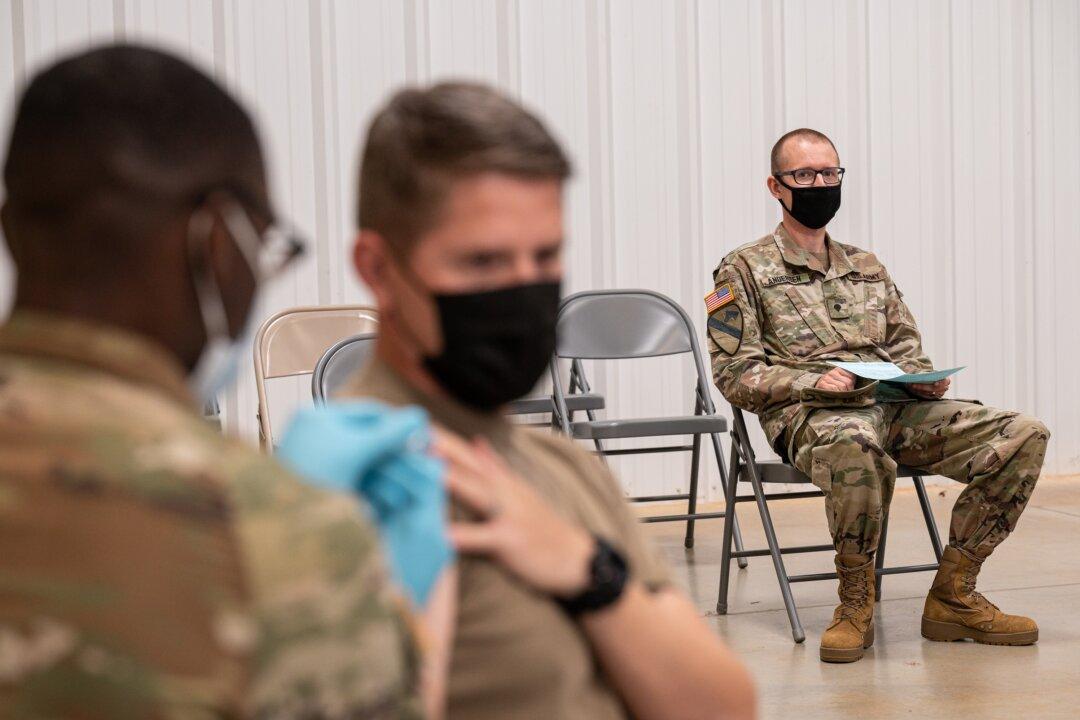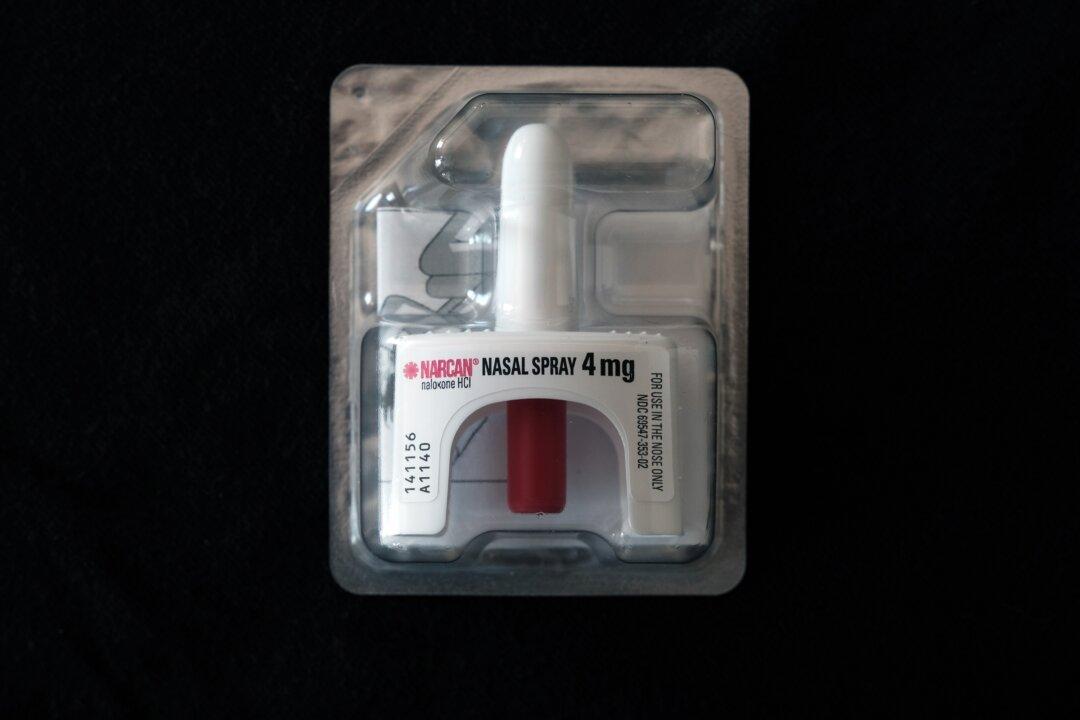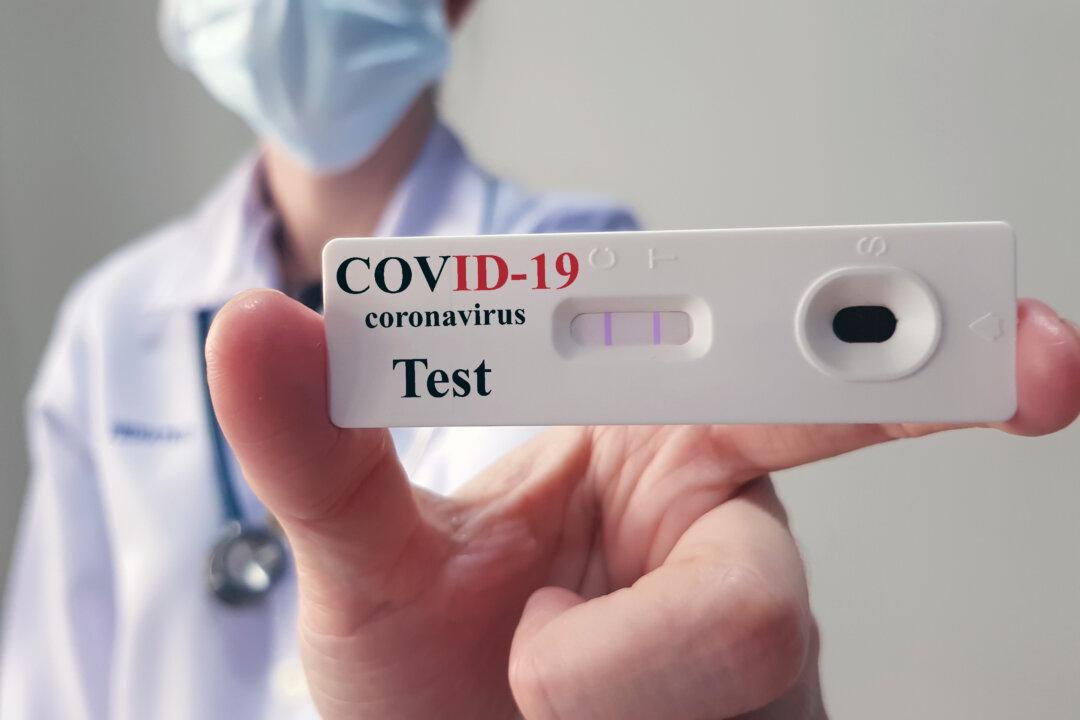The Department of Defense (DOD) is repeating its failed policy of mandating a vaccine that a federal court later found to be unlawful, the nonprofit religious liberty legal aid foundation, Liberty Counsel, argues.
Several years after the DOD launched its anthrax vaccine program in 1998, forcing military service members to be inoculated or discharged, a lawsuit was filed and a federal judge ruled it was illegal, forcing the DOD to end the program. Similarly, as a result of multiple lawsuits filed over the DOD’s COVID-19 vaccine mandate and military branches denying Religious Accommodation Requests, courts are continuing to rule against the DOD, although its mandate has yet to end.





